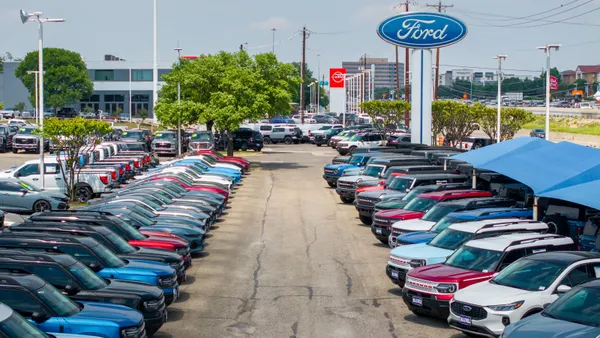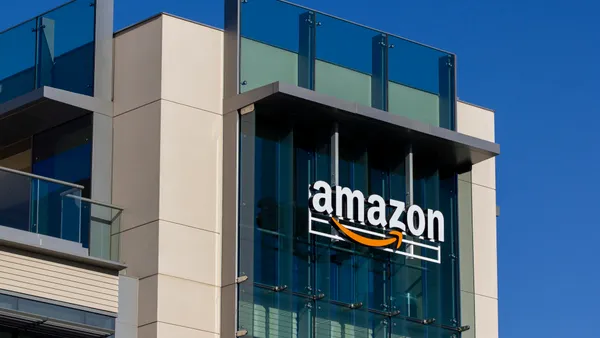Dive Brief:
- Shifts in the supply chain are driving 3PLs to consolidate, build new offices, expand technology and increase geographic coverage in order to best serve shippers. The 2017 Third Party Logistics Study, sponsored by Penske, Penn State Smeal College of Business and Capgemini Consulting looks into shippers' decision-making process to serve as a benchmark for providers.
- A vast majority of shippers don't seem to prefer any mode of transport over another, as 55% make their transportation decisions based on the specific product needs.Providers were on the same page: only 23% noted mode of transport mattered to their shippers.
- Instead, the providers noted low cost (77%), guaranteed delivery (75%), and good customer service (63%) were most important to their clients. 3PLs are investing equally in advanced TMS, big data, and predictive analytics as they expand services.
Dive Insight:
Not all links in the supply chain are equal: a single product could include components sourced from dozens of different makers in distinct regions and require multiple modes of transportation. Sometimes manufacturers may operate their own fleet and logistics services, but more often than not 3PLs are the veins running through the supply chain.
The chapter on logistics decision making in the report looks at both 3PL and shipper perspectives in the industry's recent consolidation to gage the relationship's alignment — to positive results. Notably, shippers are looking for increased efficiency and reduced prices and the main avenue of investment for shippers is technology.
Customer is king, and 3PLs are responding to their needs. The subsector is rife with TMS solutions, and the recent generations of these aim to include real-time visibility, analytics, mobile integration and compatibility with WMS, WMC and ERPs. Being able to provide the full package is what will drive competitive advantage nowadays.
The industry may be consolidating, but that's due to a Big Data-induced growth spurt rather than competitive concerns.












